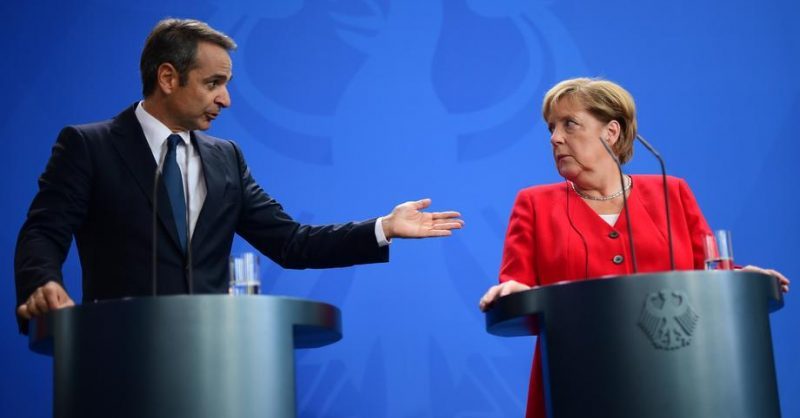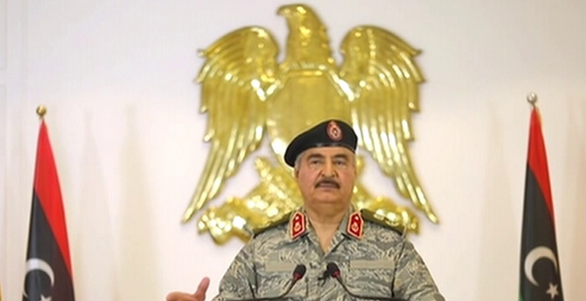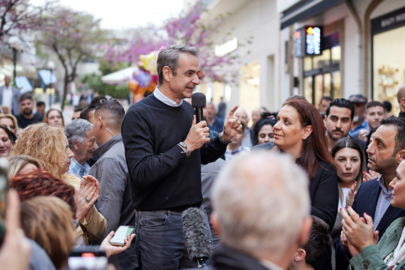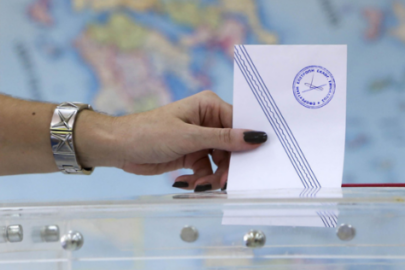Germany’s decision not to invite Greece to a conference on the Libya crisis next Sunday (19 January) while Turkey will attend the meeting, has left the Greek government smarting from a perceived diplomatic snub.
On Sunday (19 January), German Chancellor Angela Merkel is hosting talks aimed to end the crisis in Libya.
The German leader has invited a number of countries (the US, Russia, China, the UK, France, Italy, the EU and the UN) as well as the two rivals for control of Libya: Faiez el-Serraj, prime minister of the UN-backed Government of National Accord (GNA) in Tripoli and the Tobruk-based Libyan National Army, led by General Khalifa Haftar.
The invitation was also sent to Turkey, the African Union, the Arab League, the Republic of Congo, Algeria, Egypt and the United Arab Emirates.
The decision to hold urgent peace talks about Libya was made following the signing of a memorandum of understanding (MoU) demarcating maritime zones in the region between Turkey and the UN-backed Government of National Accord (GNA) in Tripoli.
Athens strongly condemned the deal, as in practice it ignores the existence of Greek islands, such as Crete. Since then, a number of diplomatic initiatives have taken place while the EU has fully backed the Greek claims.
The EU objectives at the Berlin conference are a ceasefire and an arms embargo. Athens on the other hand, believes that the Turkey-Libya MoU should also be explicitly condemned.
However, Greece has not been invited to participate in the discussions on Sunday. Greek leftist main opposition Syriza party blamed personally Greek Premier Kyriakos Mitsotakis for what is described as a “diplomatic failure”.
Dora Bakoyanni, a prominent ruling New Democracy lawmaker and former minister of foreign affairs, said the decision not to invite Greece was a mistake.
“Diplomatically and politically it was not proper,” Bakoyanni said, adding that Berlin should provide an explanation for this move.
In addition, the Libyan National Army has expressed its concern about Greece’s absence.
Question why is #Greece not invited the #Berlin talks , isn’t Greece one of the most effected countries by this conflict.?#Libya #LNA pic.twitter.com/mA1DxZmZUM
— M.LNA (@LNA2019M) January 15, 2020
The German reply and the EU role
German Deputy Government Spokesman Ulrike Demmer said yesterday in Berlin that the reasons why Greece has not been invited “cannot be made public”.
“It is always difficult to form a circle of participants and beyond that, I cannot say how made the final decision. We do not want to discuss this publicly,” she said.
Read more: euractiv






































